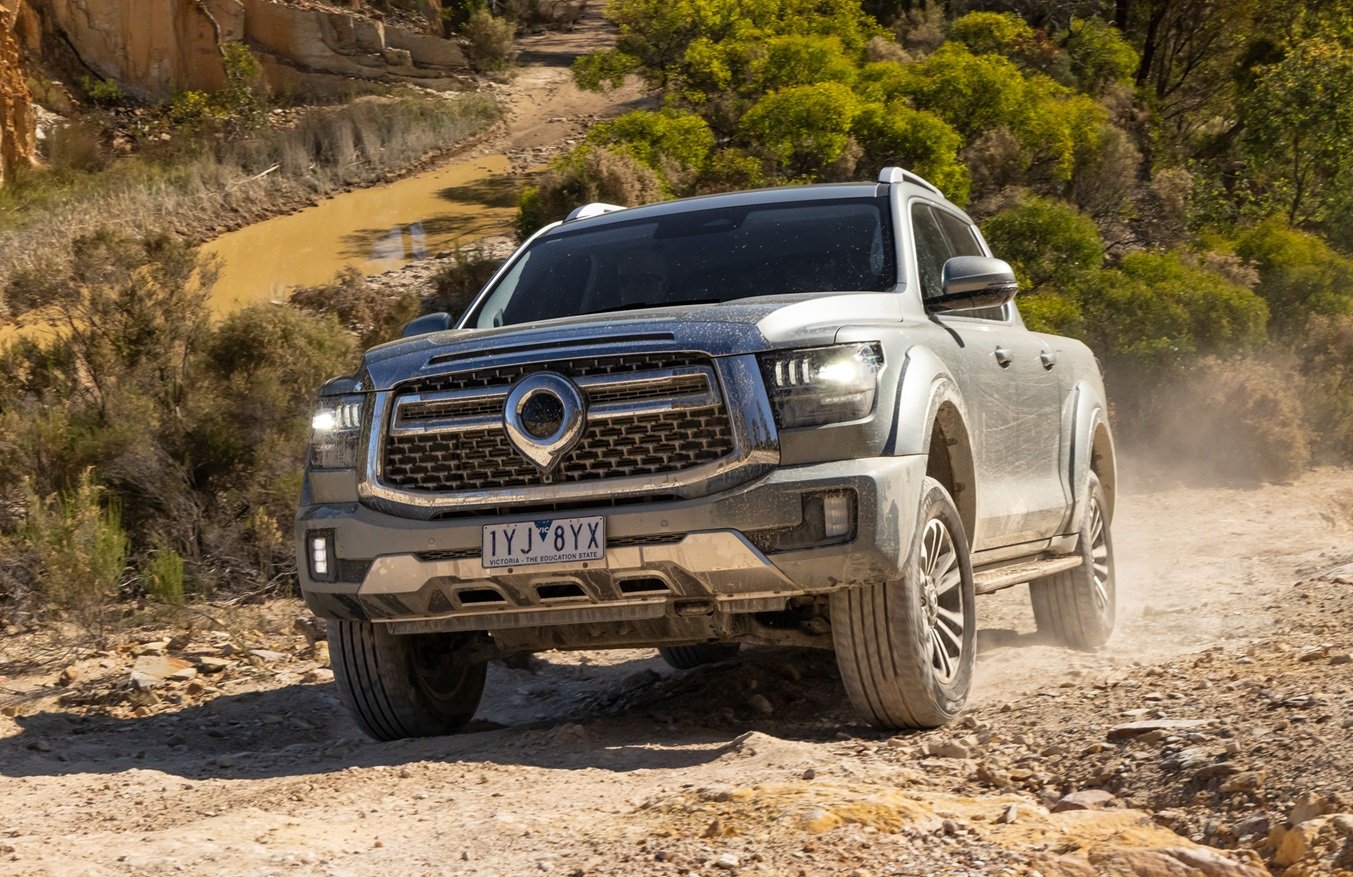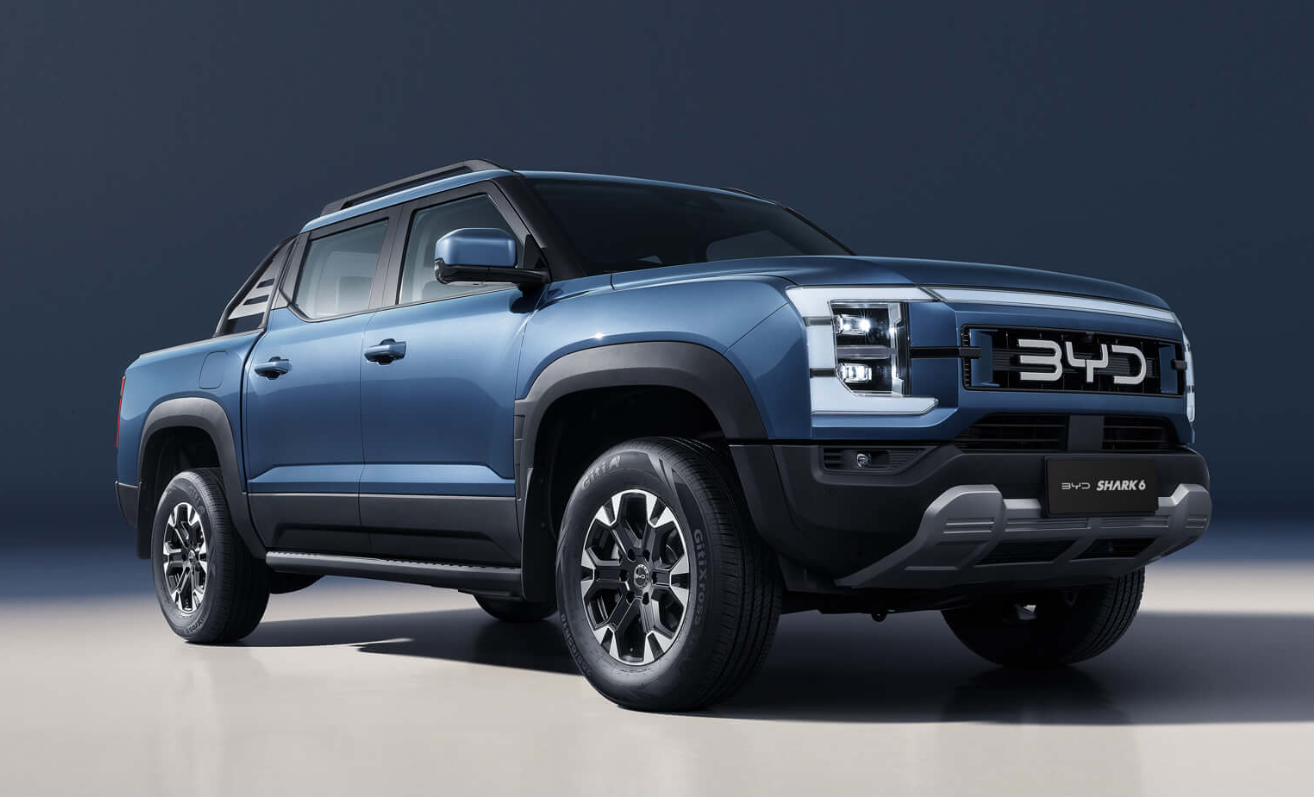Will aftermarket wheels be okay for my Isuzu D-Max ute?
QUESTION
Dear John,
I’m thinking of buying a second set of wheels with all-terrain tyres to complement the standard wheels with highway tyres. Yes, it’s uneconomical and maybe a bit silly, but it does give me the option of going off-road and keeping the road tyres for regular use.
Curiously, when I visit the ROH and CSA websites, I can pick my vehicle (Isuzu D-Max X-Terrain) and then wheel possibilities are enticingly listed. None meet the car’s wheel offset specs. That seems odd.
So I ring ROH and they explain that all aftermarket wheels are wider than the standard ones so the offset will be different from the Isuzu at 33. Interesting. Might be correct.
More interesting is that the wheel offsets are all over the place for the offered wheels. And surprisingly they are not necessarily the same for similar width wheels. The car has 7.5’s. So I’ve looked just at aftermarket 8’s and the offsets vary even amongst this group. (Nothing is at 33.)
I asked the wheel brands how to choose the best offset which will not muck up the geometry. ‘Ask the retailer,’ I was told. How does the retailer know? So, I asked if they have a listing for each vehicle stating the correct offset for specific wheel widths. No, nothing is written down, apparently. I’m lead to believe the retailer will work something out with no referral to the manufacturer. Apparently, there’s no need to worry, as long as the tyre doesn’t hit the body.
I rang Tempe Tyres, another major wheel and tyre retailer, and they confirmed that no-one sells wheels with the standard Isuzu offset and furthermore, their wheels have offset all over the place. They suggested I could take their wheels with offsets very close to the required 33, and they would make sure the tyres don’t scrub or hit anything. This doesn’t seem right.
My question for you is, are people seeking macho looking wheels and potentially using the wrong aftermarket wheels, thereby risking their safety with rubbish geometry?
I started out ignorant and became unnerved by the cavalier attitudes from suppliers about offsets. Something seems odd.
The D-Max’s magic number is 33, but ROH, for example, lists the Isuzu D-Max wheels with offsets including 12, 25, 30, 35, and 47.
If someone just chooses a wheel, just by looks they might grab a 12 or a 47. Could they both be OK? (Perhaps “down there” would warm to a 47?)
My initial observation of the geometry is that “steering offset” and “scrub radius” are important and change with offset changes.
I won’t be offended to be told none of this matters if the wheel does not hit the body or suspension so “get a life!” I appreciate you considering this with your background in engineering.
(It is extraordinary what a huge choice there is in aftermarket wheels with numerous unknown brands and unknown quality.)
Thanks,
Graeme
READ MORE ON WHEELS, TYRES…
Best tyre pressures for extended life, boosted safety and maximum grip >>
The most common off-road driving mistake (and how to avoid it) >>
Essential guide to 4WD tyre pressures and related 4X4 driving basics >>
AND WHEEL NUTS
Wheel Nuts: how to anti-seize without over-tightening >>
Reacting to your wheel nut anti-seize feedback >>
Ultimate Wheel Nut Anti-Seize Guide: copper aluminium, nickle & graphite >>
My AutoExpert AFFORDABLE ROADSIDE ASSISTANCE PACKAGE
If you’re sick of paying through the neck for roadside assistance I’ve teamed up with 24/7 to offer AutoExpert readers nationwide roadside assistance from just $69 annually, plus there’s NO JOINING FEE
Full details here >>
ANSWER
Graeme,
I’d go with 30 or 35.
If 33 is the OE dimension, it’s most likely a 2-3mm variation will make a negligible difference in performance, if anything.
7.5 inches is 190mm roughly, so the difference in either case is under two per cent. It’s doubtful you could measure a difference in performance like that, and impossible you’d feel one (ie - one that’s attributable to the changed offset - they tyres themselves will obviously feel different).
The reason they’re not specifically matching the factory offset (I suspect) is because it’s uneconomical to do so - so they probably just grabbed wheels with the stud PCD that fits a D-MAX and added them to their aftermarket D-MAX offerings. Given the low volumes they’d sell, it’s probably not worth re-tooling.
If it’s really important to you, just buy a set of factory alloys (expensive, but 33mm offset guaranteed). Or you could get a dude with a wheel lathe to skim 2mm off the wheel mounting face of the +35mm offset and manufacture your own 33mm offset (I’m not advising you to do this, just hypothesising about how to achieve the desired 33mm).
Sincerely,
JC
MORE RESOURCES FOR MODIFYING YOUR VEHICLE
When should you modify your vehicle? >>
Why you should never ‘tune’ your diesel engine >>
The truth about modifying 4X4 dual-cab utes for remote adventuring >>
4X4 Snorkels: Ultimate Buyer's Guide (you probably don't need one) >>
LIVESTREAMS
Don't forget to join me for my 'Ask Me Anything' Q&A livestreams on YouTube (Sydney time).
Subscribe to my YouTube channel and hit the bell icon to get an alert you every time I go live.








2025 is the year of new Chinese car brands arriving in Australia and the plug-in hybrid Jaecoo J7 is a promising medium SUV for families. Here’s what you need to know about these upstart carmakers and why it matters…